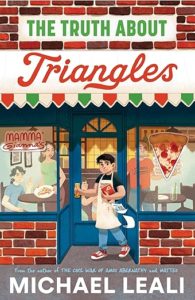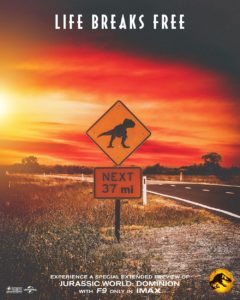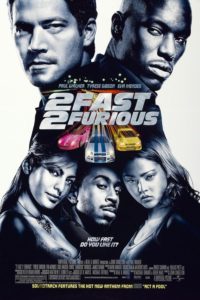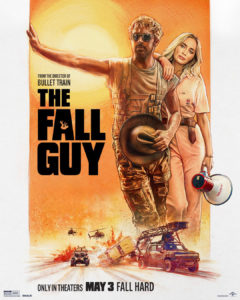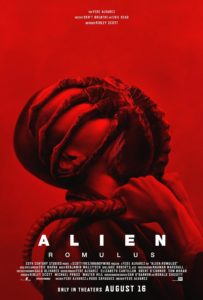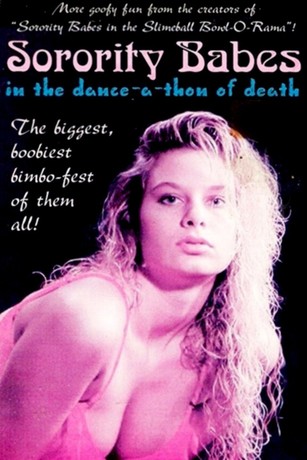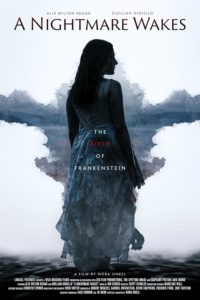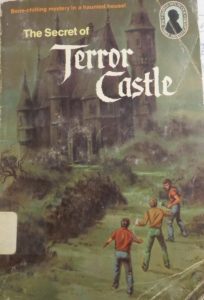 Long, long ago, in the 1980s, I spent some brief amount of time obsessed with the Three Investigators books, as introduced by Alfred Hitchcock. It wasn’t that they solved mysteries; Joe and Frank and Nancy already had that covered. It’s that they had a secret clubhouse in a junkyard and drove around in an old model Rolls Royce. The whole idea was so enchanting, plus they got to solve mysteries on top of that? Let me in!
Long, long ago, in the 1980s, I spent some brief amount of time obsessed with the Three Investigators books, as introduced by Alfred Hitchcock. It wasn’t that they solved mysteries; Joe and Frank and Nancy already had that covered. It’s that they had a secret clubhouse in a junkyard and drove around in an old model Rolls Royce. The whole idea was so enchanting, plus they got to solve mysteries on top of that? Let me in!
I’ve now read The Secret of Terror Castle to my son, and I have adult thoughts about this childhood love. In no particular order, they are these:
- I am not sure how old the boys are supposed to be, 14 maybe? In any case, this book might be too old for the boy, even though he liked it. He definitely found it scary in addition to liking it, maybe just a little too scary?
- The probably OCR scan I read was of the 1978 edition paperback I once and long ago read from the library, and there were just enough errors to be distracting, without being a bad scan at all. Whereas apparently the brand new Kindle version no longer has Alfred Hitchcock in it?? I am extremely offended. I also wonder what other changes they made,
- There were definitely positive changes that could have been made. I have a hard time accepting the old name for Romani as a slur, since I’ve never seen or heard it used as one, but I nevertheless try not to use it, and certainly wouldn’t when describing a real person as opposed to a character. What bothered me in this book was not that usage nor the old fashioned usage for someone from eastern Asia, it was how hard into certain stereotypes that the story leaned into, even if there was an in plot reason for that to happen. I’m just not ready for the boy to grapple with casual stereotypes, because I’m not ready to have conversations about why they are a problem and would not be accepted in a book written today on the same topics. So I made some on the fly edits.
- So yeah, I really wonder how much of the book has been edited for audiences that are sixty years more enlightened.
- Also, the scan was of a British version of the book? Because everyone was carrying around torches instead of flashlights, even though they were in L.A. It was pretty dang weird.
- On the whole, it’s fine. Certainly not as good as I remember the gestalt of the series being, but at the same time not so bad that I regret having read it. The boy was really excited by there being a hook into a new story at the end of this one. He thought maybe the book would never end, so I suppose at some point I’ll need to rustle up a copy of the second book. Plus, you know, they might improve as they go. Who’s to say?
Anyway, though, the story: there are these three friends on what would have to be summer vacation in southern California. One has a recent leg injury and works in the library, so he doesn’t do much adventuring, but is definitely the research guy. One is tall and athletic, you know, the muscle. And one is a bit fat, extremely clever, won the use of a fancy car for “thirty days of exactly 24 hours each” by guessing right calculating best in a “how many jelly beans are in this jar?” contest hosted by a local car rental company, and has a secret clubhouse in his uncle’s junkyard. That last one, Jupiter Jones, also has the idea to form a detective business with his friends Bob (research) and Pete (muscle), the first case of which will be to prove a local abandoned house once owned by a silent film era star is in fact haunted, so Alfred Hitchcock can use it for authenticity in his next movie,
I guess my point is even if in practice the writing is workmanlike and the mystery is at least a little predictable, you simply cannot convince me that’s anything less than a spectacular premise, rife with future possibilities,
